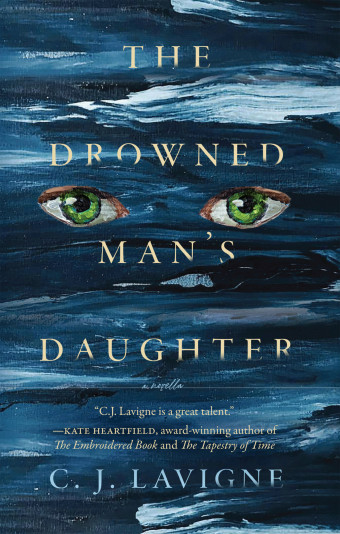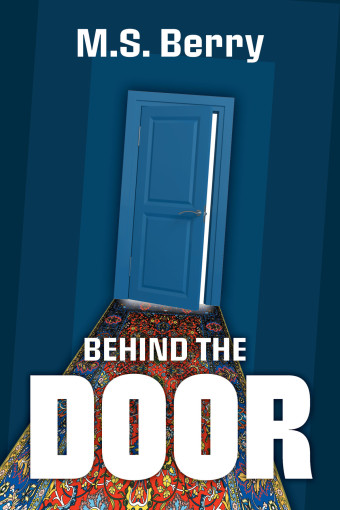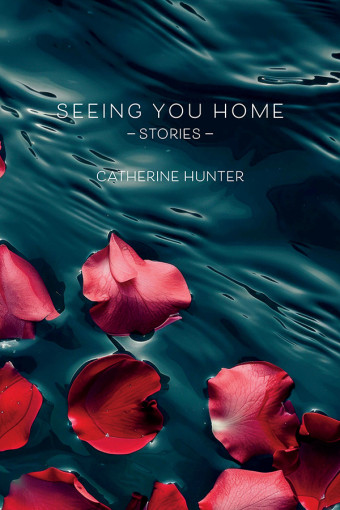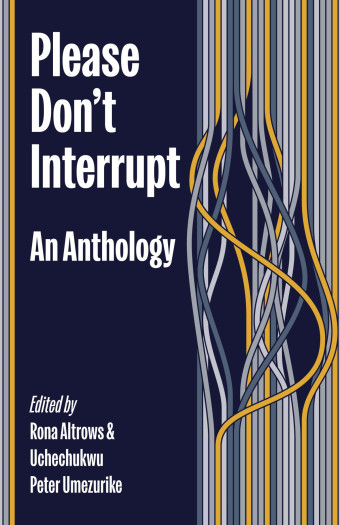Watershed has been a work in progress for over 10 years, says Calgary-based author Doreen Vanderstoop.
“After working on the novel on and off for a few years, I read about Margaret Atwood’s comments at a high school literary festival. She reminded everyone of the warnings issued by Al Gore and Stephen Harper’s refusal to sign the Helsinki agreement to limit carbon output. Atwood asked, ‘Where are all the Canadian writers who should be addressing the greatest crisis of our age?’ Her comment was the clarion call I needed to take up Watershed in earnest,” explains Vanderstoop.

- Watershed
- Doreen Vanderstoop
- Freehand Books
- $22.95 Paperback, 360 pages
- ISBN: 978-19-88298-59-7
The novel is set in a dystopian future in the year 2058 in Alberta where water has replaced oil as the most vital global commodity. Vanderstoop describes a farming environment that has been severely affected as glaciers melt and the Bow and Elbow rivers have run dry.
“The story concept was motivated by my lifelong sympathy for farmers,” she says. “Perhaps that sounds unusual since I’ve lived in cities all my life, but I remember even as a child, listening to weather reports in the spring and hoping there would be just enough rain and sun for our Alberta farmers to successfully grow their crops.”
Vanderstoop shares that the principal character, Willa Van Bruggen, a tall, strong-willed Dutch woman, came to her almost fully formed, but she relied on “extensive research from other writers to help me formulate the climate change scenario that forms the backdrop of the story.”
Climate change is a hot topic, and Vanderstoop’s publisher has been getting requests from librarians for advance reading copies of the book. Vanderstoop hopes that the novel will be of interest to a wide readership, including cli-fi aficionados and environmentalists, as well as readers of thrillers and family sagas.
“Watershed is chiefly a book about family, but it would be very gratifying if this story helped build some urgency into people’s discussions around climate change. I loved connecting with my own Dutch roots (I immigrated with my family from the Netherlands in 1968), so if others were sparked to connect with their own cultural heritage, that would be awesome too.”
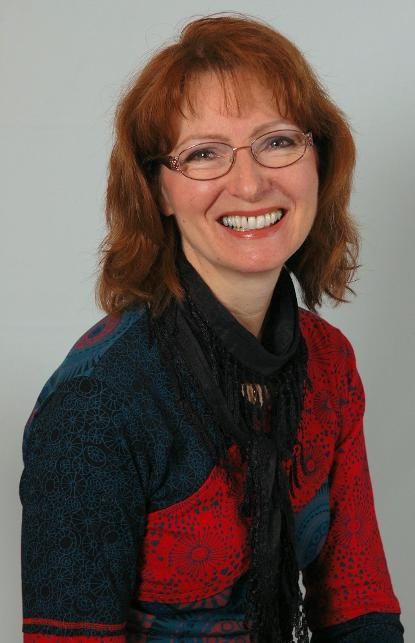
Vanderstoop acknowledges that the novel presents a fairly grim vision of a not-too-distant future.
“Unfortunately, many aspects in Watershed are based in reasonable probability. I am hoping my accelerated timing is off, but there’s even no guarantee of that. This is serious stuff. However, I am a novelist, not a scientist, and so I don’t pretend to know when the glaciers will be gone or when our thirst for oil will run its course.”
Watershed is not a political or scientific treatise. “Ultimately, this is a novel about family, the conflicting ambitions between a mother and her son, who goes to work for the pipeline corporation instead of returning to help the family business, and the strain cataclysmic climate change could place on family dynamics,” says Vanderstoop.
“I believe the greatest source of hope in any crisis is our ability to make difficult decisions, listen openly to each other’s truth, and adapt courageously to change. In short, our resilience will save us.”




